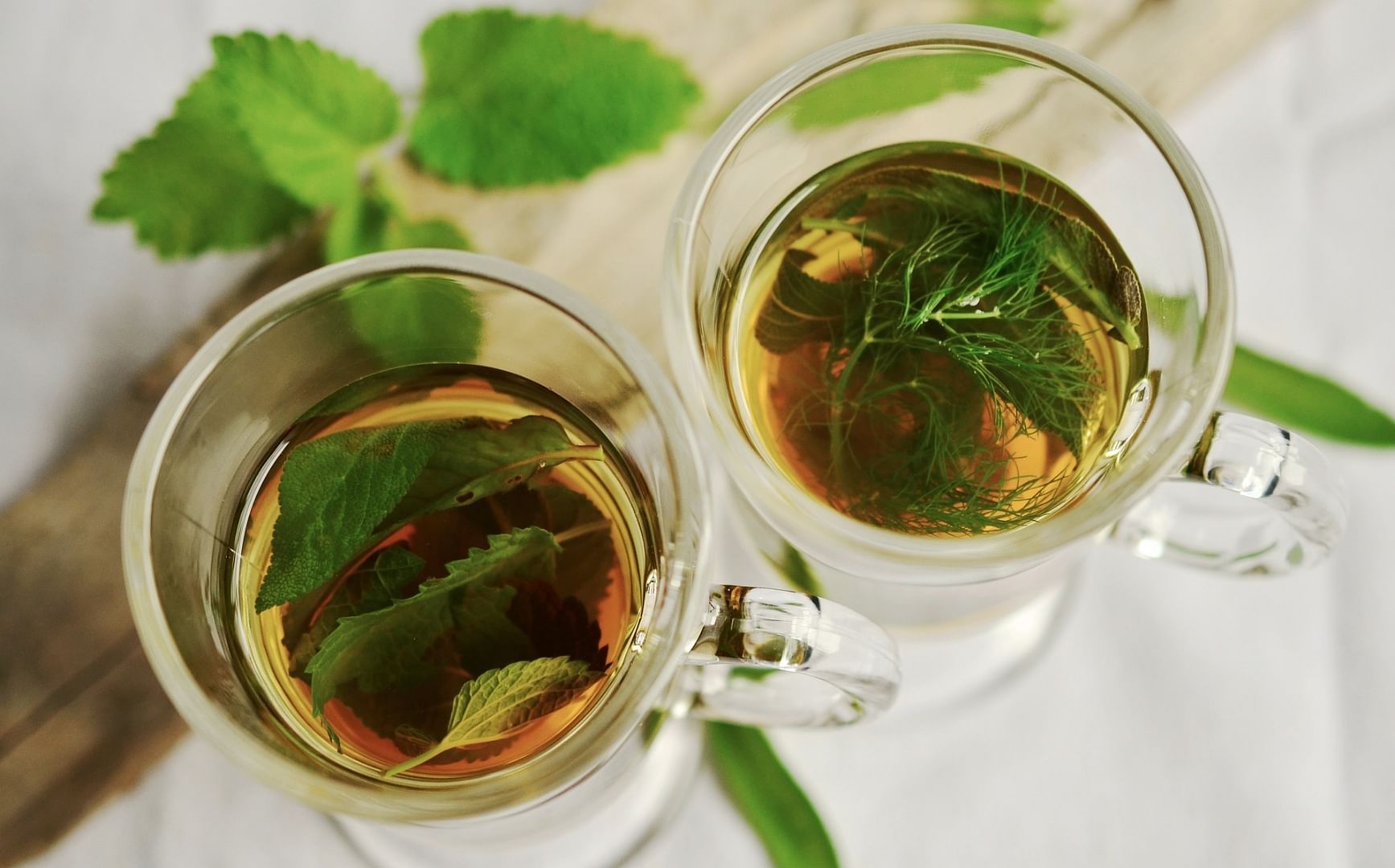Dengue is caused by a mosquito known as ‘Aedes Aegypti’ which carries a virus called Flaviviridae. It is accompanied by a very high fever, nausea vomiting, joints and muscle pains and skin rashes. During the monsoon, a lot of rainwater gets collected and becomes a breeding ground for mosquitoes. Therefore, dengue fever is particularly common during the monsoon or the rainy season.
Symptoms of Dengue Fever
The most unfavorable effect it can have on one’s body is the loss of platelet counts. Platelets are very small and colorless cells in the blood. They are very important for the clotting of blood. Hence, a low platelet count can cause excessive bleeding and prove fatal. Here are a few commonly known symptoms of dengue fever.
· Fever that lasts for 4-5 days
· Alleviated heart rate
· Low blood pressure
· Bleeding from the nose
· Bloody stools
How to Treat Dengue Fever
Dengue fever is also referred to as ‘bone breaking fever’, since it weakens the immune system and skeletal system. Mentioned below are a few simple tips to prevent dengue fever and stay safe from its ill effects.
• Eat foods that are easy to digest like boiled foods, green vegetables, soups with lentils added, rice, semolina etc.
• Have plenty of fluids such as water, coconut water, and fresh juices
• Prepare papaya juice and regularly keep having 2-3 tablespoons of papaya juice every few hours. This will help to naturally increase platelet count
• Avoid consuming raw fruits & uncooked vegetables
• Load up on vitamin C rich fruits like oranges, kiwi, lemons, amla etc. But make sure you eat them in a cooked o boiled form
• Drink 1-2 cups of ginger tea daily. It helps soothes the digestive system and prevents nausea
• To reduce skin rashes drink 1 cup of boiled neem leaves had twice a day
While there is no vaccination for dengue fever, there are certainly a few precautionary measures one can take to help prevent it. Stagnant waters are a breeding ground for these mosquitoes. So ensure that there is no stagnant water collected in your house, or anywhere nearby. Apart from this, follow a simple but healthy and nutritious diet and maintain a good hygiene. You can also load up on immunity-boosting foods such as spinach, ginger, garlic and citrus fruits. They will boost your immune system and keep monsoon health ailments at bay.
Follow us on Facebook for daily tips on healthy living! https://www.facebook.com/FUNbyPoojaBhargava/%3Cbr%3E%3Cbr%3E?utm_source=LBB&ref=lbbpost
Symptoms of Dengue Fever
The most unfavorable effect it can have on one’s body is the loss of platelet counts. Platelets are very small and colorless cells in the blood. They are very important for the clotting of blood. Hence, a low platelet count can cause excessive bleeding and prove fatal. Here are a few commonly known symptoms of dengue fever.
· Fever that lasts for 4-5 days
· Alleviated heart rate
· Low blood pressure
· Bleeding from the nose
· Bloody stools
How to Treat Dengue Fever
Dengue fever is also referred to as ‘bone breaking fever’, since it weakens the immune system and skeletal system. Mentioned below are a few simple tips to prevent dengue fever and stay safe from its ill effects.
• Eat foods that are easy to digest like boiled foods, green vegetables, soups with lentils added, rice, semolina etc.
• Have plenty of fluids such as water, coconut water, and fresh juices
• Prepare papaya juice and regularly keep having 2-3 tablespoons of papaya juice every few hours. This will help to naturally increase platelet count
• Avoid consuming raw fruits & uncooked vegetables
• Load up on vitamin C rich fruits like oranges, kiwi, lemons, amla etc. But make sure you eat them in a cooked o boiled form
• Drink 1-2 cups of ginger tea daily. It helps soothes the digestive system and prevents nausea
• To reduce skin rashes drink 1 cup of boiled neem leaves had twice a day
While there is no vaccination for dengue fever, there are certainly a few precautionary measures one can take to help prevent it. Stagnant waters are a breeding ground for these mosquitoes. So ensure that there is no stagnant water collected in your house, or anywhere nearby. Apart from this, follow a simple but healthy and nutritious diet and maintain a good hygiene. You can also load up on immunity-boosting foods such as spinach, ginger, garlic and citrus fruits. They will boost your immune system and keep monsoon health ailments at bay.
Follow us on Facebook for daily tips on healthy living! https://www.facebook.com/FUNbyPoojaBhargava/%3Cbr%3E%3Cbr%3E?utm_source=LBB&ref=lbbpost

